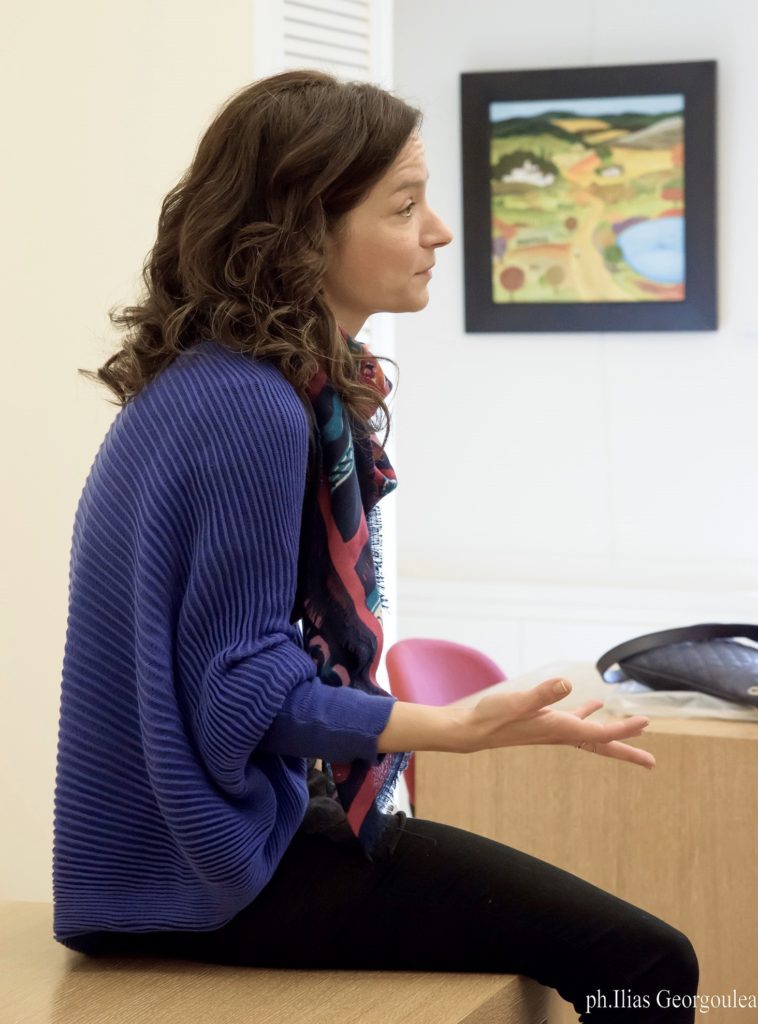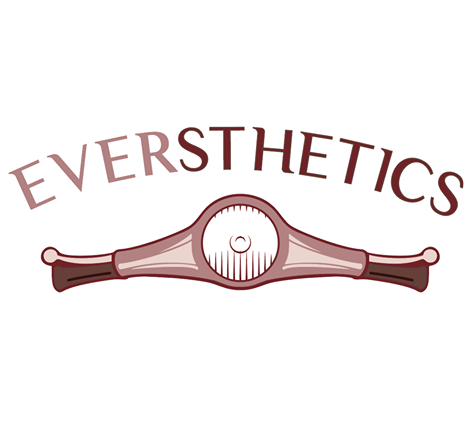Marina Tsoulou, holds a PhD in Aesthetics from the University of Warwick, UK. The last 15 years she works for the Panayotis &Effie Michelis Foundation, acting as Head of the Foundation’s Activities.

Dear Marina, why did you decide to deal with the field of aesthetics?
Since I was a little girl I was fascinated by the arts; at the beginning by painting and afterwards by performing arts and especially ballet and modern dance. My first degree is in Philosophy. After University, I tried to find a way to relate my love for dance and art with my studies in philosophy; so, I ended up studying Aesthetics.
You Might also Enjoy
How would you describe aesthetics?
It is hard to describe aesthetics, but at the same time we all can sense aesthetics. We can ‘detect’ Aesthetics in artifacts of daily use; chores around the house; interactions with other people and even quotidian activities such as eating or walking. For example,a bouquet of handpicked flowers in a vase, set on the dinner table, will move most of the people. But then again when it comes to art, aesthetics is entirely subjective. Nevertheless, I believe that everybody is moved by beauty and is in search of beauty in one way or the other.
Could you please provide some examples of everyday aesthetics?
Everything we do in everyday life requires on our part, mostly subconsciously, some short of aesthetic decision: the way we dress or the way we decorate our home or our working space. Aesthetic s plays an important role in almost every aspect of our daily life. But, more importantly for me, aesthetics is hidden behind the way we choose to live our life; our attitude towards life and its challenges.
Could you please describe the aim of Panayotis & Effie Michelis Foundation, as well as its activities taking place? What do you like most to do?
The Michelis Foundation’s aim is to study and promote aesthetics and the philosophy of art. Its mandate is fulfilled through a variety of activities, including scholarly publications; conferences, seminars, lectures, and art exhibitions; endowing the Michelis Chair of Aesthetics at the University of Crete. The Foundation also maintains the Library of Aesthetics; it is open to the public and specializes in; aesthetics, architecture, the fine arts, philosophy of art, and philosophy in general. Accessible on the Foundation’s website (www.michelisfoundation.gr), the Library’s online catalogue comprises some 25,000 entries in Greek and other languages, 1,000 rare article offprints, as a unique bibliography of 5,000 articles from the five most authoritative international journals on aesthetics, of which the Library has complete runs.
Lately I prefer to organize naïf art exhibitions, because I believe that naïve paintings are something like hidden gems. When I work on an exhibition, the following words by Effie Michelis always come to mind:
“When I paint people and scenes from day – to day life, I feel closer to people; their relations and activities are all simple and characteristic. I think most of my works are tranquil and joyful, perhaps because I feel serenity and joy when I paint; and because Greek nature is joyful and serene”.
Aesthetically speaking, what do you think our society needs most?
Our society needs more aesthetic education, in the broader possible sense of the word. Through education, we will be able to appreciate beauty and art, which “escapes” our everyday life. It’s pretty amazing, but the aesthetic has a significant power to influence, even sometimes determine, the quality of our life and our society. If something attracts us with its aesthetic appeal, we have the tendency to protect it, try to maintain it, or even improve it. The cultivation of aesthetic sensibility will contribute to our wellbeing, social interactions and the state of our society.
Any plans for the future?
In these unprecedented circumstances we are all experiencing during the last few months, we have no other choice than to turn some of our activities online. Also, by the end of the year, a children’s book on Effie Michelis’s life and work will be published first in Greek and then in English. Along with the necessary digitalization, we, at the Michelis Foundation, strongly support the printed version of books; we believe that aesthetic education should start very early in life and especially through books. After all, books have an aesthetic of their own…







Leave a Reply